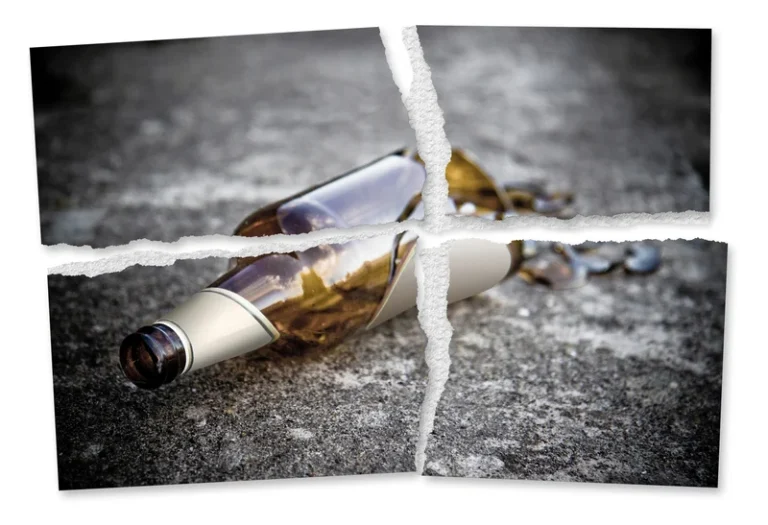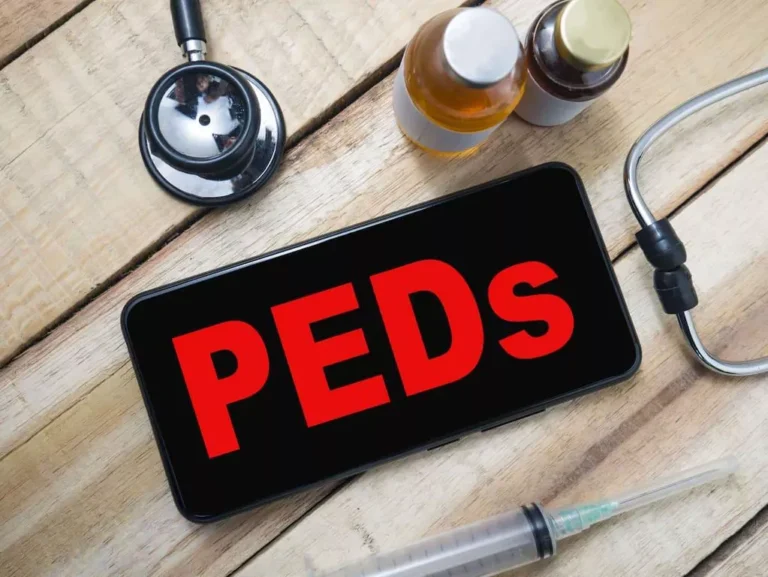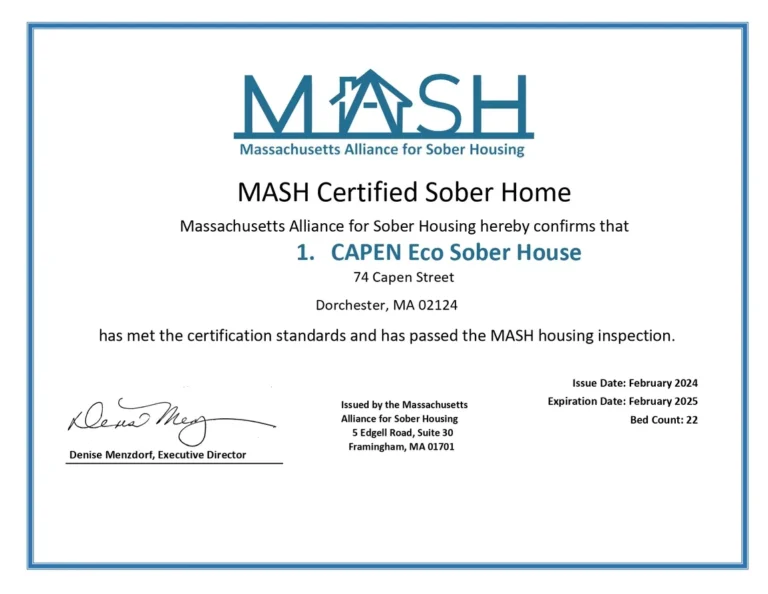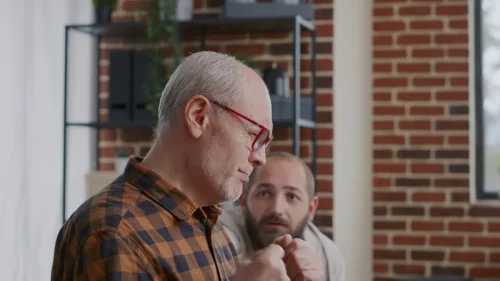
When someone with addiction confides in you, listen without interrupting or criticizing. There’s no judgment or blame here — a private therapy session is a safe place for stressed family members to talk openly and work through issues. Starting off the day with a brisk run or ending the workday with a few laps in the pool may not be every family’s idea of a great time, but these exercise sessions could deliver considerable benefits. Exercise has the proven ability to reduce stress and depression. In fact, a 2014 Stress in America survey found that around 43% of adults use exercise to cope with stress.
Tips for living with a person in recovery from addiction
Many people have a hard time talking openly about the behavior that’s harming them, so they say nothing. Family members can also become distant if they’re tired of fighting with their loved one. They may blame themselves when the addiction persists or blame the addicted person for their unhappiness. Just because your loved one already went to treatment or is now in recovery doesn’t mean they no longer need your support.

Relationships interact with addiction and recovery efforts.

There’s no clinical diagnosis of love addiction, DeMaria goes on to explain. This term usually refers to a preoccupation with the feeling of being in love, which might lead someone to seek out love in a way that causes unwanted consequences. “Love addiction” isn’t a formal diagnosis — rather, the term describes people who constantly seek out the exciting feelings of new love. However, experts think calling this an “addiction” is problematic. If you slip up on some of the commitments you make to yourself during this time, it’s okay, and you can continue moving forward without being too hard on yourself.

Careers – Join Our Team
- It is followed by an action stage—actual, concrete behaviors are learned and performed to transform the decision into tangible operations.
- For those dating someone in recovery, think of this list of 10 things you need to know about loving an addict in recovery as your guide to understanding your partner.
- Try to maintain your own self-care routines as much as possible.
- And remember that millions of people who were once experiencing alcohol or other substance dependence are now living happy and fulfilling lives.
- Aside from helping your loved one treat their addiction, it’s important to keep you and your family safe.
Family members who spend their time in these sessions may get the help they need in order to help others, and they may find the strength and resolve that’s been missing until now. That’s the sort of knowledge that can help boost a family’s sense of hope. With each advancement, you loving an addict can feel more confident that the addiction can be treated and conquered. When you are unsure what to say to someone in recovery, honest is the key. Create a space of honest communication by speaking out and offering a listening ear when your loved one feels safe to do the same.

Loving an Addict: 9 Tips to Avoid the Manipulation
My Loved One Needs Help

